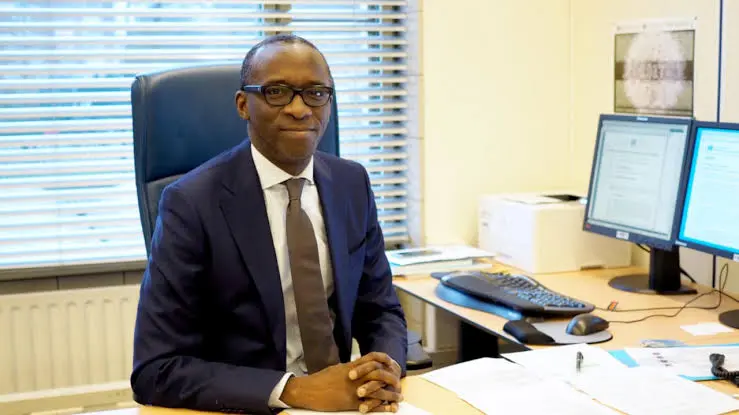Nigeria has put forward Dr. Taoheed Olufemi Elias as its candidate for a seat on the International Court of Justice (ICJ), the United Nations’ principal judicial organ responsible for settling legal disputes between states. The country’s Minister of Foreign Affairs, Yusuf Tuggar, confirmed the nomination in an official statement posted on his social media account Tuesday, hailing Elias as a preeminent figure in international law with a career spanning decades of scholarship and advocacy for global justice.
Tuggar described the nomination as a reflection of Nigeria’s commitment to a multilateral system grounded in impartiality and the rule of law. “Dr. Elias personifies the ideals that underpin the ICJ and the United Nations Charter,” he wrote. “His vast expertise and dedication to equity will bolster the Court’s mission to foster peace and ensure all nations, irrespective of their influence, have a seat at the table in shaping an equitable world.”
Elias, a legal scholar and practitioner, is recognized for his contributions to advancing jurisprudence on state sovereignty, human rights, and conflict resolution. His work has frequently intersected with global institutions, earning him acclaim within diplomatic and academic circles. The minister emphasized that Elias’s candidacy aligns with Nigeria’s advocacy for a rules-based international order, where disputes are resolved peacefully through dialogue rather than coercion.
The ICJ, composed of 15 judges elected to nine-year terms by the UN General Assembly and Security Council, plays a critical role in interpreting treaties and adjudicating cases ranging from territorial disputes to allegations of human rights violations. Nigeria’s push for representation on the Court—the first since 1994, when Judge Bola Ajibola concluded his tenure—signals its ambition to deepen its involvement in global governance frameworks.
In his statement, Tuggar urged UN member states to back Elias’s candidacy, framing the jurist’s potential election as a step toward reinforcing trust in international institutions. “A seat for Dr. Elias would underscore the ICJ’s mandate to deliver justice without bias and uphold the dignity of nations large and small,” he added.
The nomination arrives amid growing scrutiny of the Court’s role in addressing conflicts, including Russia’s invasion of Ukraine and Israel’s military operations in Gaza. While decisions rely on member-state compliance, the ICJ remains a cornerstone of the post-World War II legal architecture, often seen as a barometer of global commitment to lawful diplomacy.
Nigeria, Africa’s most populous nation, has historically sought to amplify the continent’s voice in multilateral forums. Elias’s candidacy follows recent diplomatic efforts, including the country’s election to the UN Security Council for the 2024–2025 term. Observers note that his profile as a legal authority with cross-regional ties could resonate broadly, particularly among developing nations advocating for institutional reforms.
The ICJ election process, slated for later this year, will see candidates vying for seats vacated by outgoing judges. Successful nominees must secure majority support in both the UN General Assembly and Security Council. If elected, Elias would join four other African justices currently serving on the bench, representing Kenya, Somalia, Uganda, and Morocco.
Critics have long emphasized the need for equitable geographic representation in international courts to reflect the diversity of legal traditions. Nigeria’s nomination underscores this priority, positioning Elias as a candidate capable of bridging regional perspectives while adhering to universally recognized principles of justice.
